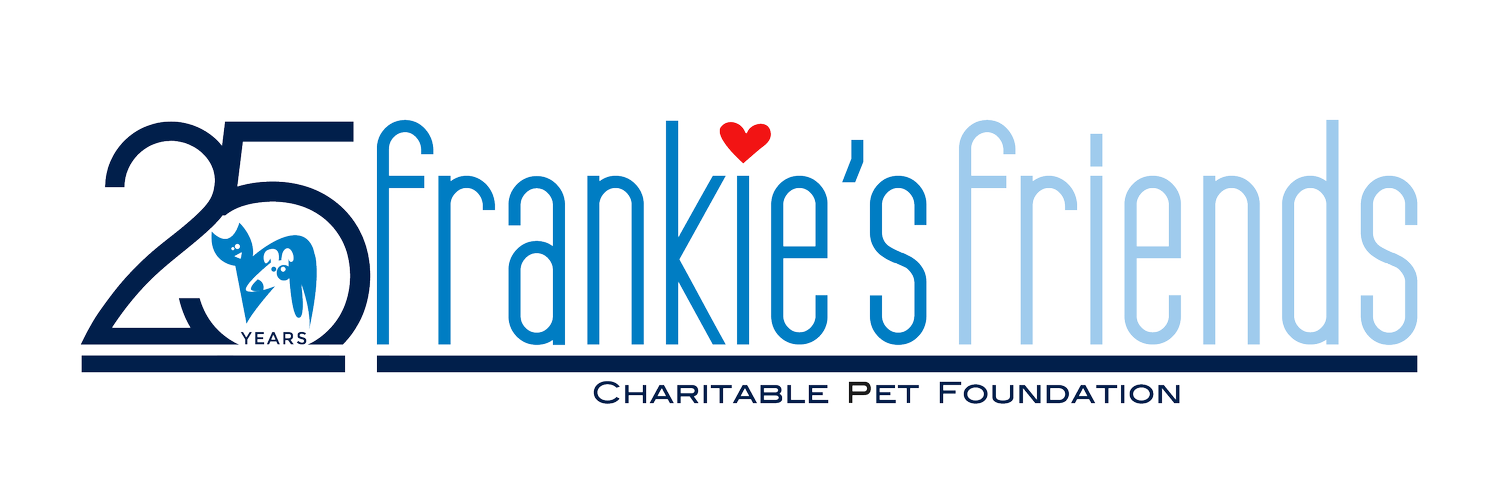By: David Wohlstadter, DVMSenior Emergency Clinician
NYC Veterinary Specialists
Anyone who has owned a dog, is familiar with an unfortunate side effect of that ownership, gas, that in some cases, can clear a room. But what causes it, can you do anything to prevent it and is it dangerous?
Flatulence is defined as the excessive formation of gas in the stomach or intestine. It is a word that is often used incorrectly. Flatus is defined as gas expelled through the anus. 99 percent of the gas contained in flatus is composed of odorless gases (nitrogen, oxygen, methane, carbon dioxide). The remaining 1 percent of the gases are sulfur containing and produce the odor that many owners object to.
It is very important to note that flatulence and flatus can be signs of gastrointestinal disease requiring medical intervention by a veterinarian.
1. What are the worst foods for flatulence in a pet?
The worst foods for flatulence in pets are those that contain non-absorbable sugars and fermentable fibers. Dogs lack digestive enzymes to break down some large sugars, such as those found in peas, and fibers, such as those found in fruits and beans. These molecules make it to the large intestine and are fermented by bacteria, creating gas. Rice is a highly digestible carbohydrate and is the preferred carbohydrate source in dogs with flatulence. Avoid feeding a dog with flatulence soybeans, beans, peas, and lactose containing foods such as milk, yogurt and ice cream.
Foods like broccoli, cauliflower, spices, onions (toxic to dogs), and cabbage add to the production of foul-smelling gas.
2. What else, besides the foods they eat, can cause gas - ie: eating too quickly. What can you do?
There are four causes of flatulence.
1. Gas production through fermentation of large sugars and fiber by GI bacteria
2. Aerophagia ("eating"/swallowing air)
3. The stomach produces acid and the pancreas produces bicarbonate. These two combine to form carbon dioxide in the GI tract.
4. Transfer of gas from the blood into the GI tract
Swallowed air and gas produced by bacteria make up the largest portion of GI gas volume.
Brachycephalic breeds (breeds with short noses like pugs and bulldogs), highly athletic dogs, and dogs who eat large meals quickly, have a higher portion of GI gas from aerophagia. Therefore, it's not always what you feed, but the manner in which your dog eats. Feeding small meals frequently as opposed to one large meal not only makes the food more digestible, but also cuts down on swallowed gas.
3. It's too late, your pet is gassy. What can you do?
1. Speak with your family veterinarian. Often flatulence is a sign of gastrointestinal disease that may require medical intervention.
2. Feed small meals frequently as opposed to one large meal. This makes the meal more digestible and encourages less aerophagia.
3. Change to a diet that contains more digestible carbohydrates, a different protein in the correct amount, and a low amount of fermentable fiber. For example, if you are feeding chicken, you may want to switch to lamb. Any change in diet should be done under the direction of a veterinarian. Home prepared meals should be done under the direction of a veterinarian. You may be surprised at what foods can harm your dog.
Remember, treats are part of your dog's diet.
It is important that your dog is fed a balanced diet. Dogs are not people, so don't feed them as such!
4. I keep stressing the fact that you should consult with a veterinarian, so please always do so prior to giving your dog medications, herbs or natural remedies. Many substances (foods, medications, etc) are toxic to dogs that are not toxic to us.
4. How does your pet feel when it suffers from flatulence?
How do you feel when you have flatulence? Since they can't talk, one has to extrapolate that our pets feel the same way we do, abdominal pain and cramping.
5. Are there any natural supplements, herbs, etc. that can help and do these need to be taken long-term?
There are many natural supplements and herbs that are said to be carminatives, which are medicines given to reduce flatulence. However, no safety data, dosage, or efficacy have been established. Because grapes and grape products can cause kidney failure in dogs, grape seed extract should not be used.
6. Medication is a last resort, but what can you give to your animal if flatulence is a problem?
A carminative is a medication given to reduce flatulence. There are many purported carminatives with a small amount of data to support their usefulness in dogs. Some carminatives can be harmful to dogs, so always consult with a veterinarian prior to their administration. The best chance of reducing flatulence in an otherwise healthy dog is a change in diet and/or a change in feeding pattern. There are many commercially available diets that are formulated to reduce flatulence in dogs.
7. Are some breeds of pet more prone to flatulence and if so, which?
Yes. Brachycephalic breeds, like pugs and bulldogs, are more prone to aerophagia, or "eating"/swallowing air, due to the anatomy of their upper airway.



